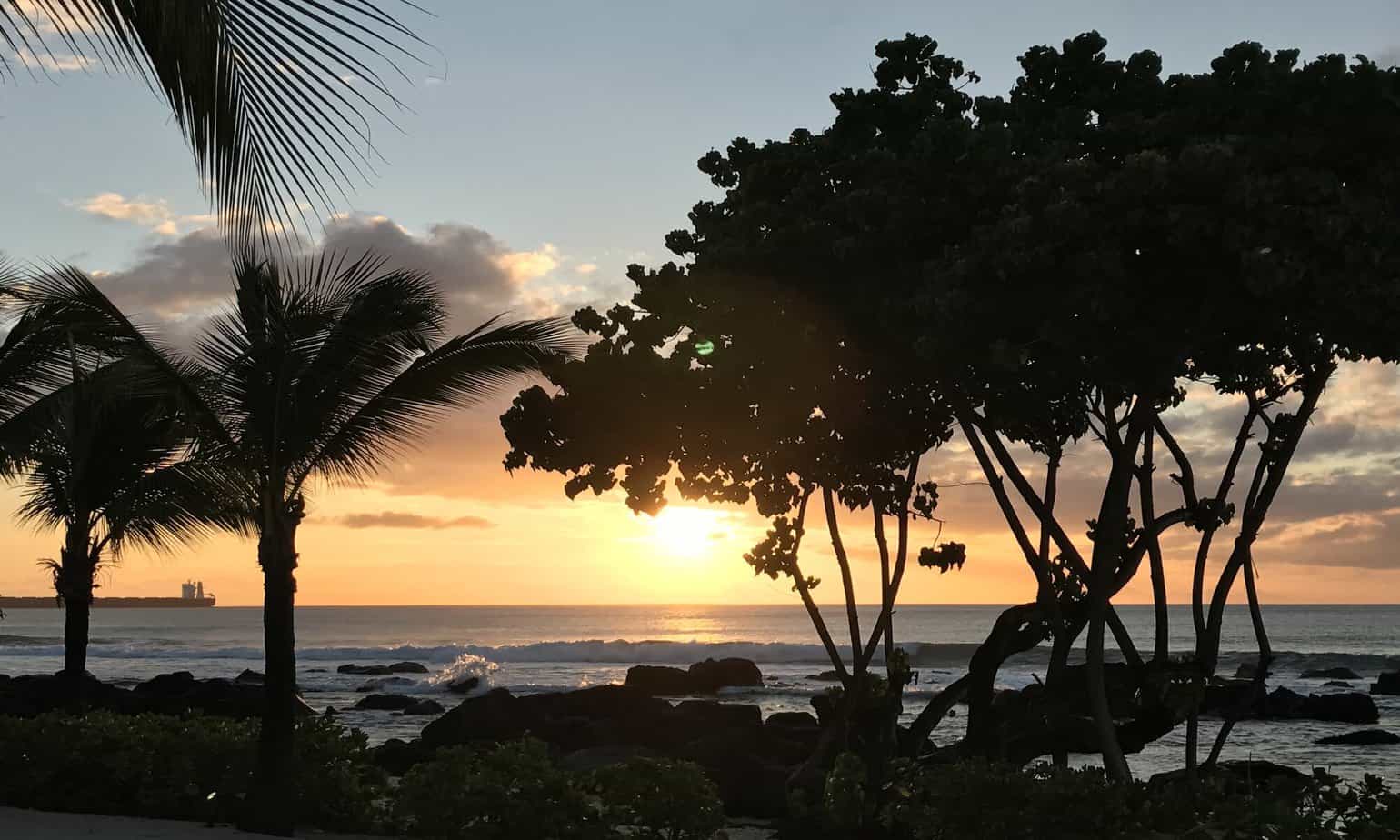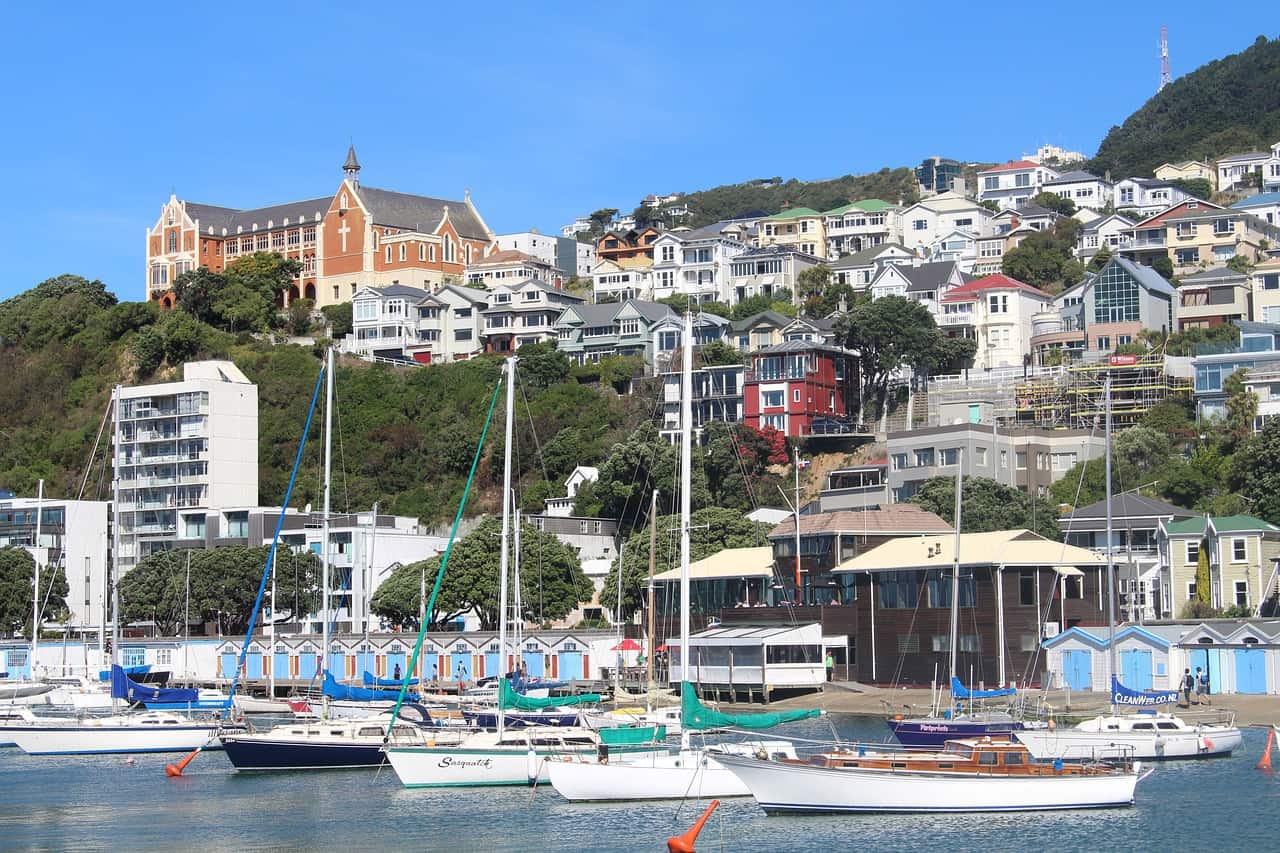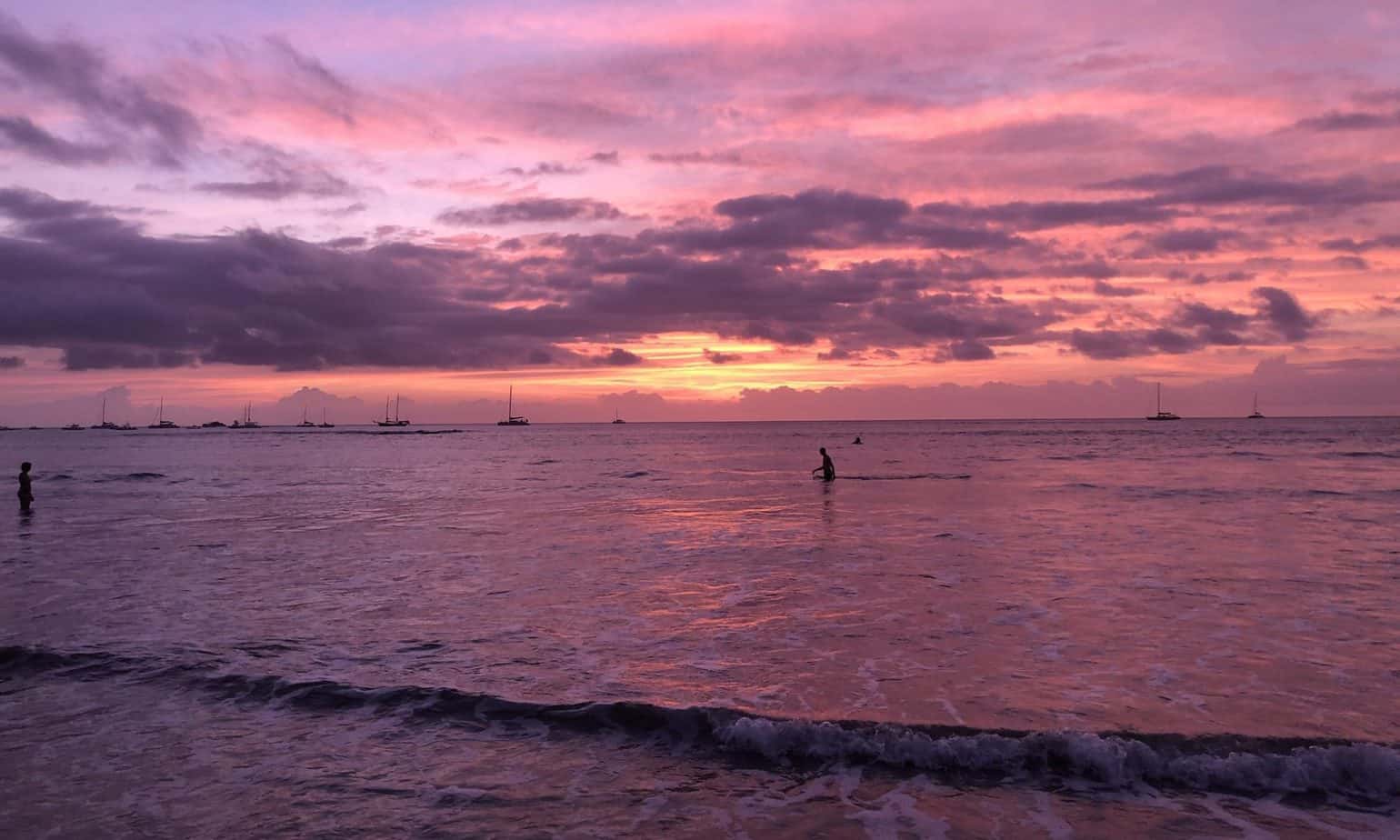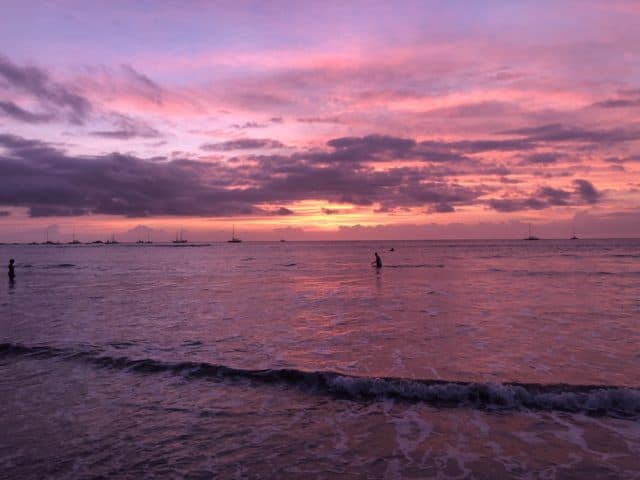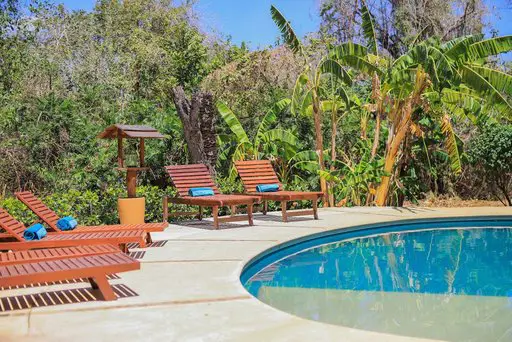Welcome to the Late Starter to FI series!
I am a Late Starter – I did not discover FIRE (Financial Independence Retire Early) concept until I was 47. This was way later, I thought than others who seem to have it all together in their 20s and 30s.
Since I started to write about my own journey, I have discovered there are many more Late Starters like me, yay! It is such a relief knowing I am not alone.
I want to share our stories, our unique perspectives and show that it is absolutely not too late for us.
So in this series, I particularly highlight those of us who start our FI journeys in our 40s, 50s and 60s. And explore questions such as ‘where do we start’, ‘can we still retire early(ish)’, ‘what are the specific challenges for us late starters’. We look at our past, not to castigate ourselves but so that you can learn from us.
Please join in the conversation in the comments below. I encourage you to share your story if you fit the ‘late starter’ profile. You absolutely don’t have to be a blogger or podcaster to share your story.
Please email me at info@latestarterfire.com or connect with me on Twitter or Facebook or Instagram.
And if you’ve missed any of the previous stories, you can catch up here – Late Starter to FI series
Today, we meet Vinnie from New Zealand, the land of the long white cloud 🙂 I will let Vinnie tell his story without any introduction from me except to say that this is a rollicking story so strap in and grab a strong drink …
Vinnie, take it away!
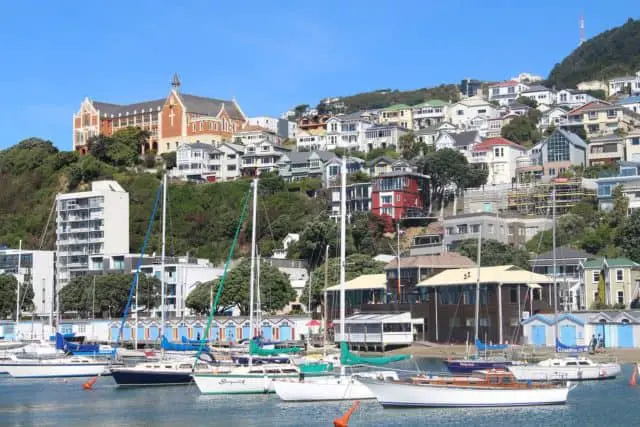
50 and (Almost) Free
Hi – my name is Vinnie. I’m from Wellington, New Zealand. This is my FI story!
Teenage Years
The year was 1986. I was living in Nelson (Population 45000 at the top of the South Island of New Zealand). I had just turned 16 and had just got kicked out of school for wagging a period watching the school rugby team playing a game against another college.
Fortunately I got my first job on the same day selling engine parts at a local business. Wow - $115 a week after tax – what a fortune! Unfortunately cigarettes were now part of my lifestyle (more on that later).
I decided to leave Nelson after 6 months of working full time and move to Westport on the northern West Coast of the South Island (population 5000) for a change. Due to the nature of the time and then the ’87 stock market crash there were no jobs. I had no idea what I wanted to do anyway so I was unemployed in the meantime and leaching off the taxpayer.
Eventually I moved back to Nelson and noticed a sign in a window offering guitar lessons so I took that up – who doesn’t want to be a rich and famous rock star!
At the age of 19 I moved back to Westport and attended the first of three music courses which was my new dream. I also studied at Blackball and Greymouth on the West Coast studying music.
Becoming a Rock Star
Awesome – I’m on the way to stardom!
At one of the gigs a fight broke out and a glass came flying in my direction, narrowly missing my head.
Not long after this my girlfriend who was now an air hostess decided to have a fling with one of her workmates and subsequently left me for her wonderful new life. Apparently she thought a long haired, tattooed musician with no job was not a good prospect.
So I had no girlfriend, no car, no money, no friends, no job and a few thousand dollars’ worth of debt. I had hit rock bottom at the age of 25 …
A couple of weeks later, I had a flatmate and I managed to find a part time cleaning job. Three weeks after that, I got a job at a hotel as a night porter on Friday and Saturday nights, earning the minimum wage which at the time, was $7.20 an hour.
Another three weeks later, the regular guy who was doing the main Monday to Friday night porter shift quit and I was offered the job which I gladly accepted. I worked at that hotel for over 5 years, eventually becoming the night manager. The pay wasn’t great ($26.5k a year) but I’d started paying off my student loans.
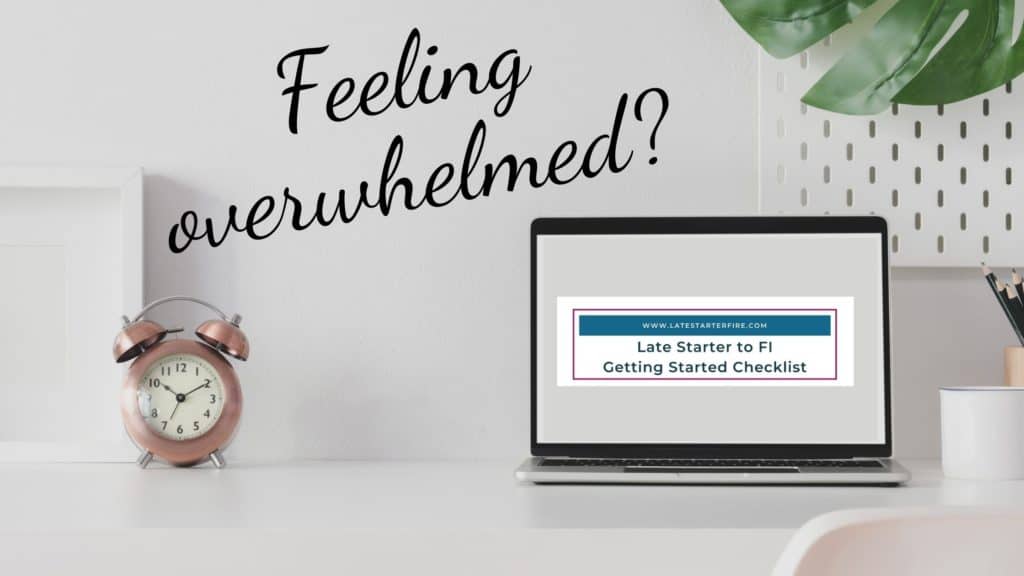
Feeling Overwhelmed?
Use this FREE Checklist to start your journey to Financial Independence
Married with Children
By this time I was now 30, married with 2 kids but dead tired from working nights so I quit my job, got yet another student loan and studied I.T. for a year.
I now had good customer service skills, a proven work history and eventually got my first I.T. job working on a Service Desk and earning $30k. I was now 31.
With no savings my in-laws helped us out with a loan to get into our first home which cost $98k (and I still live here today). My first wife was a spender and would waste money on frivolous things despite her reasonably good income at the time. Savings was an unspoken word in her vocabulary.
Four years later the marriage dissolved and I had to pay my now ex-wife back for the initial loan and half the capital appreciation on the house as well as child support. I had a house worth about $140k at the time and debts of the same amount so my net worth was pretty much zero. I was now 35.
I meet someone else who eventually moved in with me and I drifted along financially for the next 5 years with no plan. I was paying the minimum on the mortgage and still spending money I didn’t have on credit.
Eventually she got sick of me and decided to chase after a married man. Five weeks before my 40th birthday, our relationship was over and I had to pay her out $60k. Back to square one and total rock bottom again …
This was my first light bulb moment …
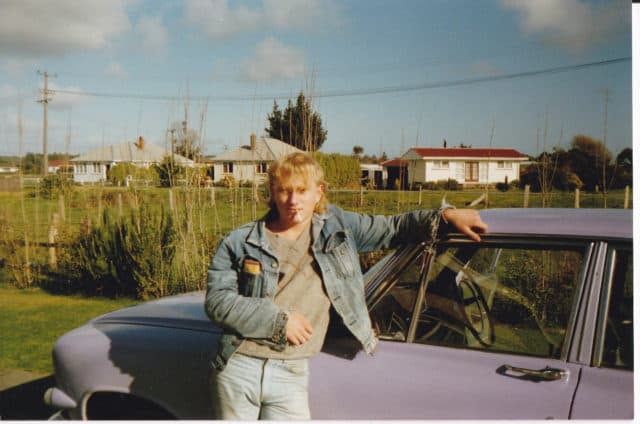
Changes
After some health issues, she decided to quit her stressful job to concentrate on her own small business which made a minimal income but she was happy doing that. She was and is very frugal which helps with FI!
At the age of 43, I quit my job and took a risk to become a full time musician – this lasted a whopping 7 weeks before the money ran out.
I was now desperate so I ended up getting a 12 month contract with a bank which paid $60k before tax with no sick days or holidays and paid monthly. I liked the people but absolutely hated the job.
My finances were so tight that I had to pay the mortgage on my credit card which was at the limit and I was essentially robbing Peter to pay Paul.
Seven months later I managed to find a government I.T. job which paid $83k and things turned the corner. This was my financial independence light bulb moment!
I was now 44.5 years of age. I had a decent income and was completely sick of having no money and a mountain of debt.
Change was in the air and the time to change was now ...
Time to take Control
I set up a budget and broke down all my expenses into weekly amounts so I knew how much was coming in and going out. I listed all of my debts in black and white. I moved my credit card balance over to another bank offering 0% interest for 6 months. This allowed me to pay it off as quickly as possible without incurring further interest which is what I did.
I did spend some more money ($11k) and had a 3KW solar system installed on the roof. This was part of my long term strategy to reduce costs as power prices will always go up rather than down.
Now that I knew how much I owed and what I had left after expenses, I refinanced my mortgage by increasing the amount of the payments and also shortening the term. My 15 year mortgage period remaining was now slashed to 7 years but money was still tight.
While paying off the credit card I looked at what I was spending money on and shopped around for better deals. I revised my insurance payments, increased the excess and paid annually in a lump sum. This saved me $800 a year. I went through everything with a fine tooth comb and minimized all expenses and changed various plans and utility providers to minimize expenses. We planted a garden and got some chickens for a bit of forward planning long term.
Now that I had a good financial starting point, I saved a couple of thousand in the bank as a small emergency fund, set up direct debits for all utility bills (so I never got stung with late charges and always got prompt payment discounts) and bought in bulk at the supermarket.
A good example of this is my favorite instant coffee was on special for $1.99 a packet (normal retail $3.49). I ended up buying $70 worth as it was still going to get used. I’m always on the lookout for bargains like that - it all adds up!
At the end of 2014, I finally had some sort of financial control for the first time in my life ...
I had $14k all up in my retirement account (which I’d stopped putting money into temporarily to focus on debt repayment), no credit card debt, $173k worth of total debt and a total net worth of $86k. Time to up my game! I had now just turned 45.
Due to redundancies at work, my job was on shaky ground so I had to consolidate my financial position. My primary focus was getting out of debt as quickly as possible. I squeezed every possible dollar out of my budget and made additional mortgage payments.
Opportunities
As I was still a (filthy) smoker, I met a guy during a lunch break that was a vaper and talked to him about it. My wife and I were both addicted to nicotine and were spending (wasting) $150 a week on smoking so I decided to give vaping a go. As it panned out I loved it was able to give up cigarettes within 3 months but had now developed a new habit.
As part of my new frugal lifestyle I looked into making my own vaping juice. With my I.T. background I was able to set up an online shop and started selling vaping products to my co-workers who were smokers. I turned a $150 a week habit into a $80 a week (before expenses) profitable side hustle small business which I still have today. Win win win!
I found a couple of other small opportunities which I was able to turn into small side hustles. Trump Hats and recyclable straws. Yes – there’s a market for both. Crunching the numbers I was able to make $60 an hour pro rata selling these items through TradeMe (Ebay equivalent). Some weeks I might make $30, other weeks $120 but it’s all extra money coming in.
Once I hit 48 and as the debt reduced to a “manageable risk” level I started 2 more retirement accounts, an emergency fund and a share portfolio.
With overtime at work, saving every last cent and a couple of side hustles I managed to get my original 15 year mortgage paid off within 5 and a half years. I am now completely debt free which brings us to where I’m currently at today …

The Present
I’m almost 51 years of age.
My average income from the last 3 years has been just over $100k (before tax). As of today I have investments of $84k and a total net worth of $609k (obviously including my mortgage free house) and that includes a realistic amount for agent fees if I sell in the future.
I’m projecting to increase my net worth by $40k+ per year and living the same frugal lifestyle I’ve done for the past 6 years. I monitor my investments on a daily basis with a selection of bespoke excel spreadsheets that I set up which helps me understand what’s happening in the market and what to invest the next bunch of money into. I do a summary on the first of each month so I can plan for the short to medium term.
My wife thinks I am obsessed with it but to tell you the truth I love doing it and seeing that nest egg growing.
I also wrote a Windows application so I can analyze stocks and provide analyst recommendations and spot prices via a Web API to assist with finding any competitive advantage I can. I’m fine with dollar cost averaging but am enjoying the learning that comes with investing into individual stocks. My current portfolio is about 65% ETFs and Funds vs 35% individual stocks.
At my job we’re able to cash in a week’s annual leave per year so I do that and invest the lot! Plenty of time for resting and relaxing down the track …
I also spend time with colleagues and friends educating and encouraging them to join me in this mindset change. I have taught FIRE and the related principles at my local church to assist others to create a new wealthy financial future for themselves. A lot of people bury their heads in the sand and think that the government will always provide for them but the truth is they won’t. It’s up to us to create our own financial destiny.
The Future
I’m looking to have $300k to 1 million dollars within the next 5 to 15 years of investments to generate $15k to $60k of income per annum, not including any government pensions which will apply when I hit 65. My current base living expenses are around $32k which includes $6k of which I give to charity per year.
$300k is my bare minimum "Barista FIRE" amount and 1 million dollars is the "Never have to get off the couch if I don't want to" amount I'm looking at.
I will reach $100k in investments within the next few months which will be another important milestone. My medium term investment target is $300k which will give me options to either work part time, start something for myself or more likely carry on working full time for a couple of extra years.
It will give me a very solid foundation to decide what I do next, whatever that may be. Options are important and they can only be achieved through some hard work and some sacrifice along the way. Debt definitely suffocates your options of what you can or cannot do.
So while my investment portfolio isn’t very large at the moment, I’m in an excellent financial position to increase my portfolio and net worth. Since the start of 2019 through to July 2020 (18-19 months) my investment assets have increased from $30k to $71k which included still paying off the mortgage (finally finished in Feb 2020), the late 2019 market correction and the devastating Covid-19 impact on the financial markets.
My financial habits have done a complete 180 degree turn in the last 6 years. I can now accurately predict my future investment income and exercise my proactive plan for the future rather than being blown around in the wind and being reactive to any financial situations.
On average, thanks to a good income and frugal living I’m able to increase our investments by $800 a week and with the 4% rule that adds an extra $32 per week of additional income based on regular investing every week over the course of a year.
Once I’ve achieved my comfortable level of financial independence (either still working part time or not), I’m going to spend more time writing songs, writing new software, improving my house, getting outside in the sun, chase the chickens round the yard and grow some more vegetables!
Six years down and realistically 5 to 15 years left to go. It’s not a pain free journey but it will stretch you and make you develop as a person. For me the hardest bit has been done and small bites of the elephant are paying off every week.
Phew! Hopefully my story will help inspire others to take control of their own destiny – and my story is far from finished. As far as I’m concerned it has only just begun!
My Advice
– Start an emergency fund immediately
– Make a budget and make it realistic
– Shop around for bargains – I analyze everything and get the best deal possible on everything
– Buy second hand rather than brand new – especially for cars!
– Get out of debt as soon as possible which reduces stress and worry
– Find extra income opportunities – they are everywhere!
– Study investing strategies and act on it by getting your feet wet even if it’s $10
– Never stop learning – YouTube or your local library are cheap sources of knowledge
– Buy in bulk if it’s cost effective to do so for regular consumable items
– Make the sacrifices now so you can enjoy it later and follow your dreams
My net worth in summary
Age 16: Assets $0, Liabilities $0, Net worth: $0
Age 25: Assets $0, Liabilities $7k, Investments $0, Net worth -$7k
Age 30: Assets $100k, Liabilities $110k, Investments $0, Net worth -$10k
Age 35: Assets $140k, Liabilities $140k, Investments $0, Net worth $0
My lightbulb moment at 44!
Age 44: Assets $259k (incl. Investments), Liabilities $173k, Investments $14k, Net worth $86k
My current net worth:
Age 50: Assets $609k (incl. Investments), Liabilities $0, Investments $84k, Net worth $609k
My future net worth predictions (working full time until at least 55+):
Age 55: Assets $900k (incl. Investments), Liabilities $0, Investments $300k, Net worth $900k
Age 60: Assets $1.2m (incl. Investments), Liabilities $0, Investments $600k, Net worth $1.2m
Age 65: Assets $1.8m (incl. Investments), Liabilities $0, Investments $1m, Net worth $1.8m
Back to Latestarterfire
What an incredible life journey you’ve been on! Relationships, career, money – you’ve lived it all 🙂
You have worked hard, made better choices at each stage and improved your situation (financial and otherwise) through it all.
I have no doubt that you will achieve the net worth you desire – you have a proven strategy of being frugal, increasing your income through side hustles, eliminating debt and regularly investing.
Your story proves once again that it is never too late to start taking control of your finances. That summary of your net worth is so motivating! Thank you for sharing your story and inspiring us all.
